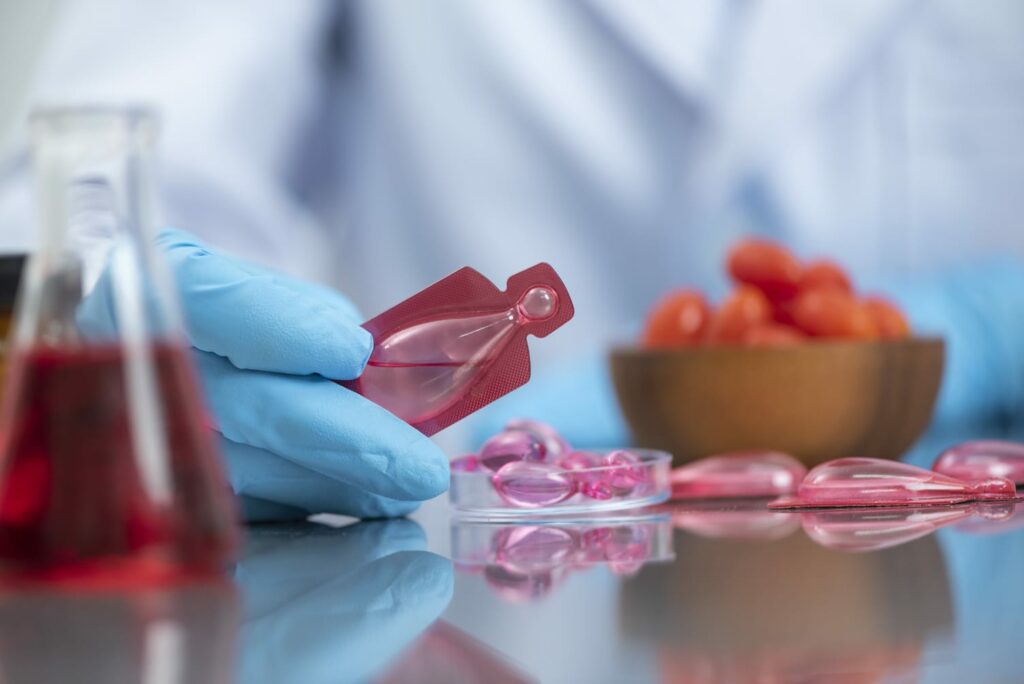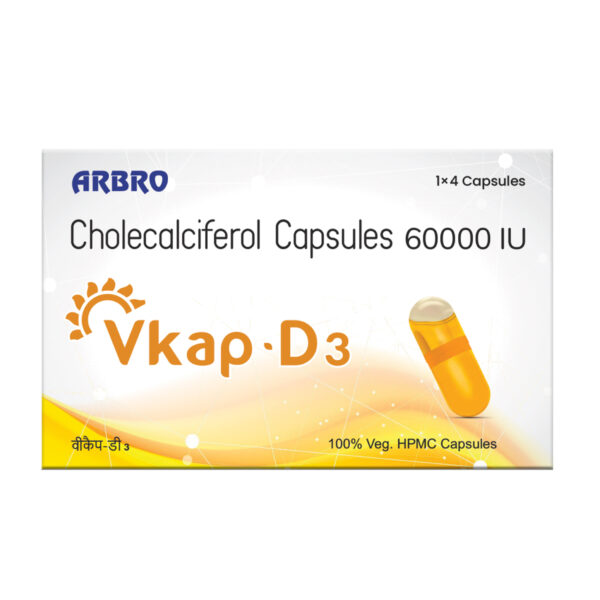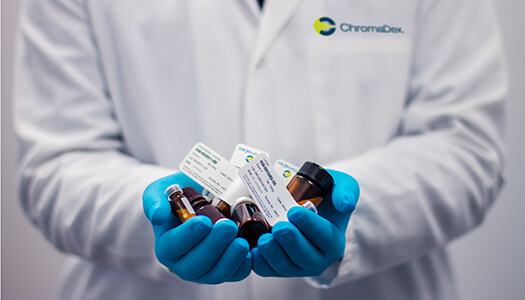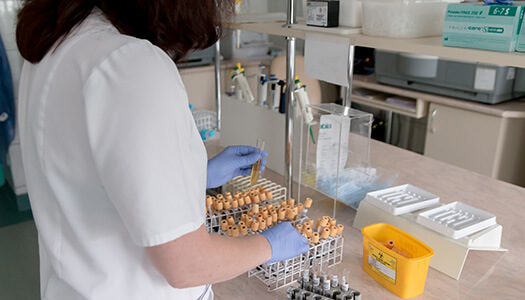Once you have manufactured your cosmetic products it is crucial that your products should go through stability testing to ensure its safety and efficacy. It is important that your cosmetic products should meet physical, chemical and microbiological quality standards. Cosmetic stability testing concerns the relative stability level of a product under various conditions that it can be subjected to the moment it is manufactured to the end of its validity.
Cosmetics are used almost universally on a regular basis. The safety in cosmetics and toiletries is a matter of concern. Apparently, the rising awareness has grown both among the manufacturers, consumers and the health authorities of the hazards involved in using the cosmetics. There is a responsibility for formulating physically and chemically stable formulations and also to confirm upon the requirement that bio-burden of non-objectionable microorganisms is not beyond the specific limit and/or presence of pathogenic microorganisms in cosmetic preparations pose a health hazard to the consumer.
Stability testing of cosmetic products is significant to ensure that your modified product or cosmetic formulation meets the physical, chemical and microbiological quality standards as well as functionality and aesthetics when stored under appropriate conditions. Indeed, the information obtained from the stability test is used to decide the shelf life of the product.
Why stability test is done
- For development of new cosmetic formulations.
- Any change that occurs in the manufacturing process of existing products.
- Introduction of new equipment or production process.
- Changes in the raw material being used in the production of an existing product.
- Significant changes occur in the product packaging that comes into direct contact with the product.
- Stability test detects microbial contaminants
- There is a possibility of microbial contamination during the production, filling and by contact with consumer’s hands.
- Pseudomonas aeruginosa, Staphylococcus Aureus and Candida Albicans are considered the main potential pathogens in cosmetic products.
However, due to the differences between various cosmetic products and their storage conditions there is no uniform set protocol that would need to be followed while conducting stability tests.
Two ways of performing stability test
Real time stability test
In the real time stability test the product is monitored for as long as the shelf life that you would like to prove. Besides, physical, chemical and microbiological specifications of the product is occasionally monitored to see whether they are in acceptable parameter
Accelerated stability test
The accelerated stability test on the other hand is conducted by putting the product samples in a stability chamber at an elevated temperature of 40 or 45 degree Celsius normally for about 3 months during which you again monitor the products specifications. When exposing the product to higher temperature you can accelerate the aging process and therefore the stability of the product can be determined in shorter period of time to mimic the foreseeable storage conditions that the product will be subjected to , the producers can also monitor the stability by putting some samples on the sunlight to evaluate how the UV light affects the product , freeze thaw test can also be performed to predict the stability of the product during transport and so on.
The EU cosmetics regulation requires the compatibility between the product and its packaging needs to be checked. That can be done by performing the stability test both in an inert container /a glass container and in the container that is going to be used when the product will be placed in the market. It will be made of a different material and compare the results as well as checking the integrity of the packaging intended to be used when the test finishes.
Forms of stability test
Physical and chemical integrity tests
It evaluates color, odor / fragrance, pH value, viscosity, texture, flow, and emulsion stability (signs of separation)
Microbiological and heavy metal tests
It evaluates the degree of contamination with bacteria, mold, and yeast, heavy metals and packaging stability tests which evaluate the impact of packaging on the contained product.
It predicts how efficiently cosmetics will resist in conditions like temperature extremes and light. Manufacturers determine the requirement of such testing based on the vulnerabilities of the particular cosmetic product and its anticipated shipping, storage display and use conditions.
During the stability testing, the cosmetic formula samples are exposed at different environmental/ storage conditions for a set period of time to simulate and analyse what will happen to the product during its life cycle. Samples are evaluated for various parameters to notice any possible change.
Common test procedures include:
- Temperature Variations:
- Cycle Testing:
- Centrifuge Testing:
- Light Exposure Testing:
- Mechanical Shock Testing:
- Monitoring:
Stability evaluation parameters:
- Organoleptic properties
It involves evaluation of color, odor and appearance.
- Physico-chemical properties:
pH value, viscosity, density, the monitoring of formulation ingredients
- Microbiological stability
microbial count and Challenge Test
So, get stability testing for your cosmetic products for better accuracy and outcome. We provide stability testing services for your cosmetic products as per the BIS standard in our labs and analytical division. Moreover, we provide bespoke stability testing facilities in accordance with the regulatory requirements and norms of different countries. We give data, certificate of analysis of the product’s shelf life based on our stability studies. The data will give physical chemical and microbiological stability of the products so that you can launch your cosmetic business in any part of the world.
Contact us for stability testing services.
Click here to read our next blog in this series on how to select the right manufacturing partner to give wings to your cosmetic business







